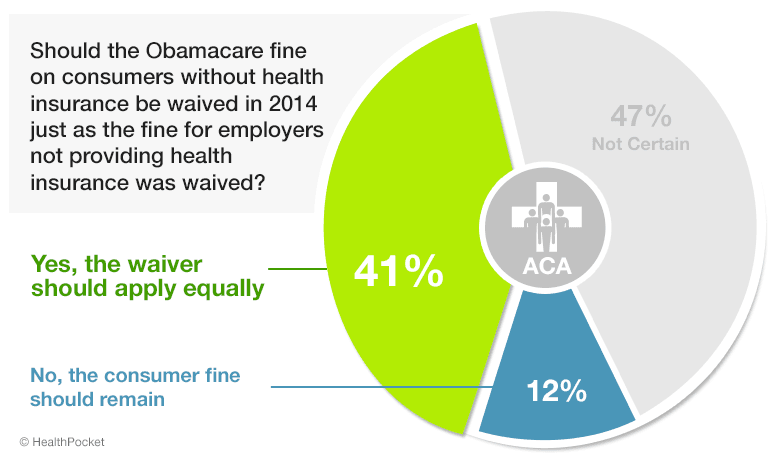A watchdog group is asking the IRS to review the tax-exempt status of a organization crucial in helping to promote ObamaCare.
Cause of Action has asked the IRS to investigate Enroll America, a nonprofit that is encouraging people to enroll in new coverage options under the healthcare law.
The watchdog group said Enroll America should not have received tax-exempt status because its work helps secure new customers for insurance companies.
“If Enroll America is designed to benefit insurance companies instead of the American public, then its charitable status no longer applies,” said Dan Epstein, executive director of Cause of Action. “An organization that has been granted tax deductible status but is actually depriving the American people of taxable revenue warrants an investigation.”
Enroll America is a known ally of the White House, and was established to help raise awareness of new insurance options available under ObamaCare. Health and Human Services Secretary Kathleen Sebelius has made fundraising calls for the organization.
Click here to read full article.



